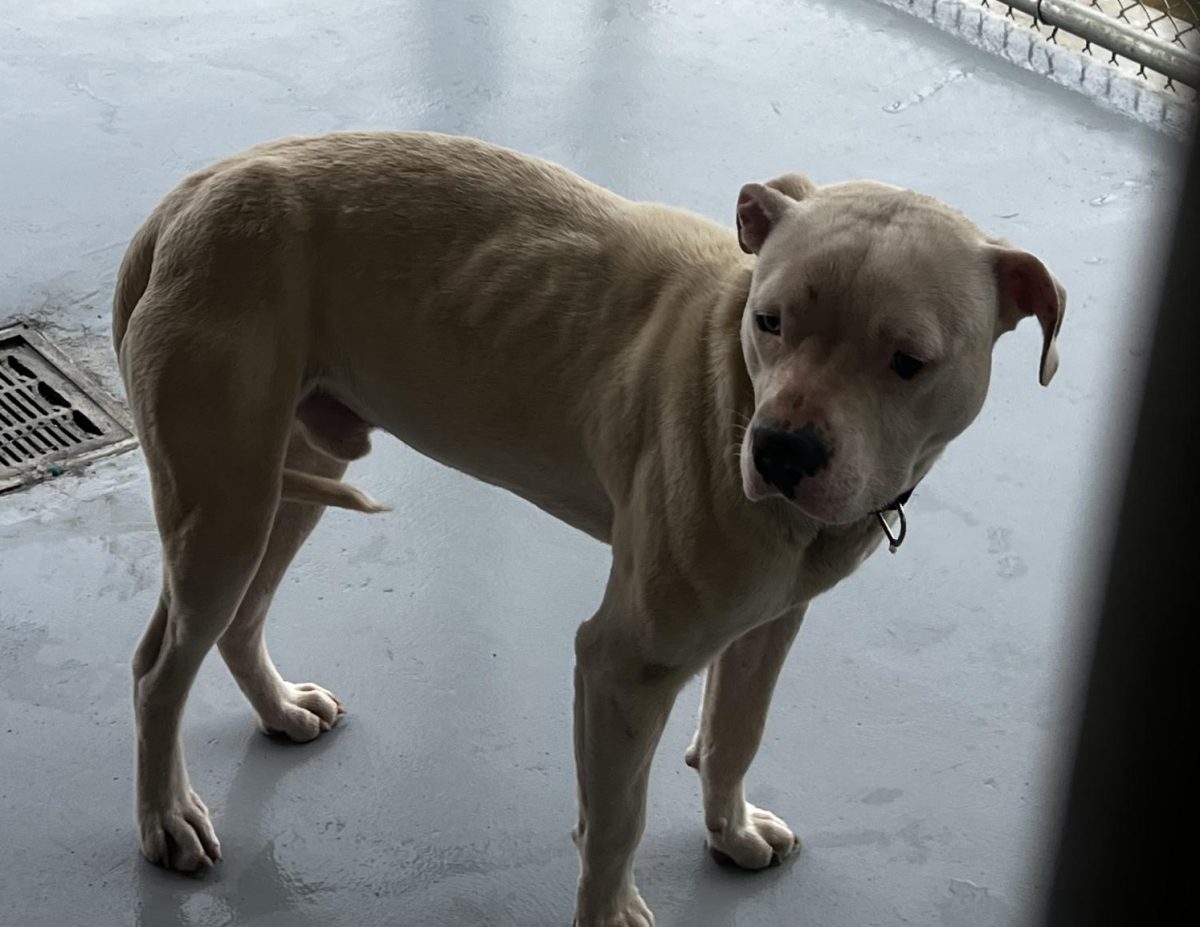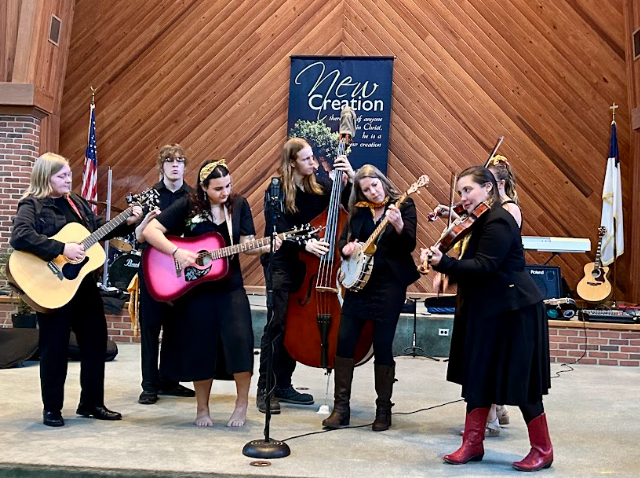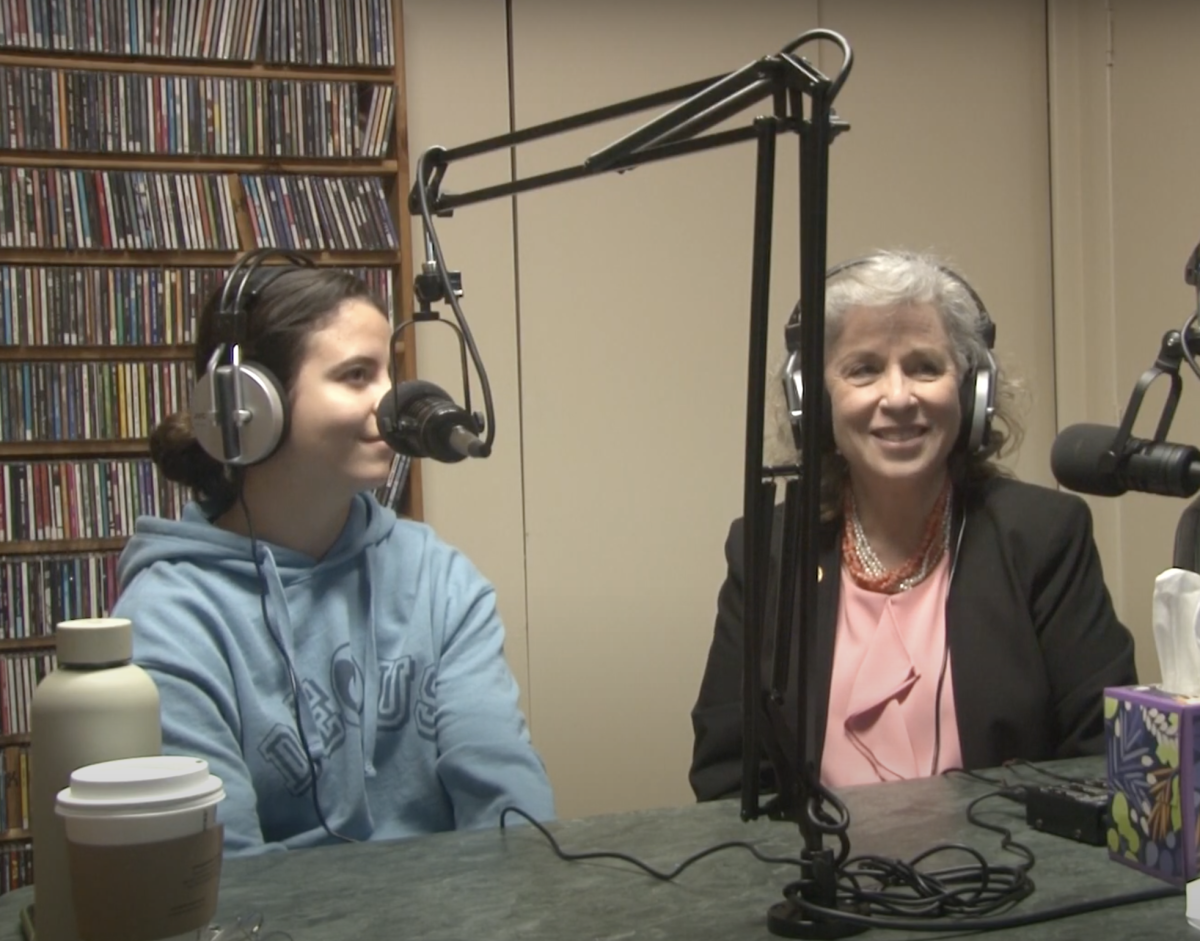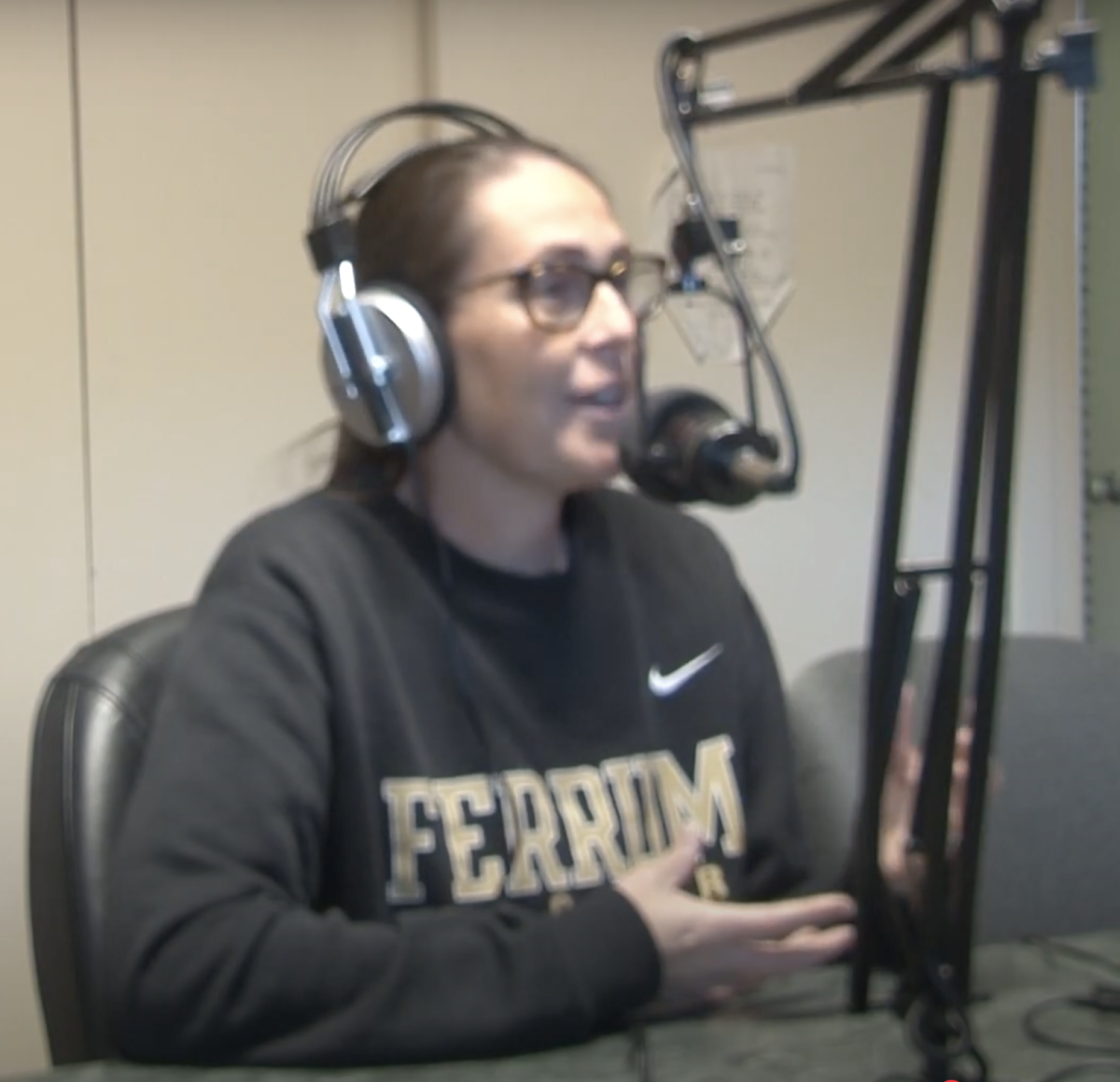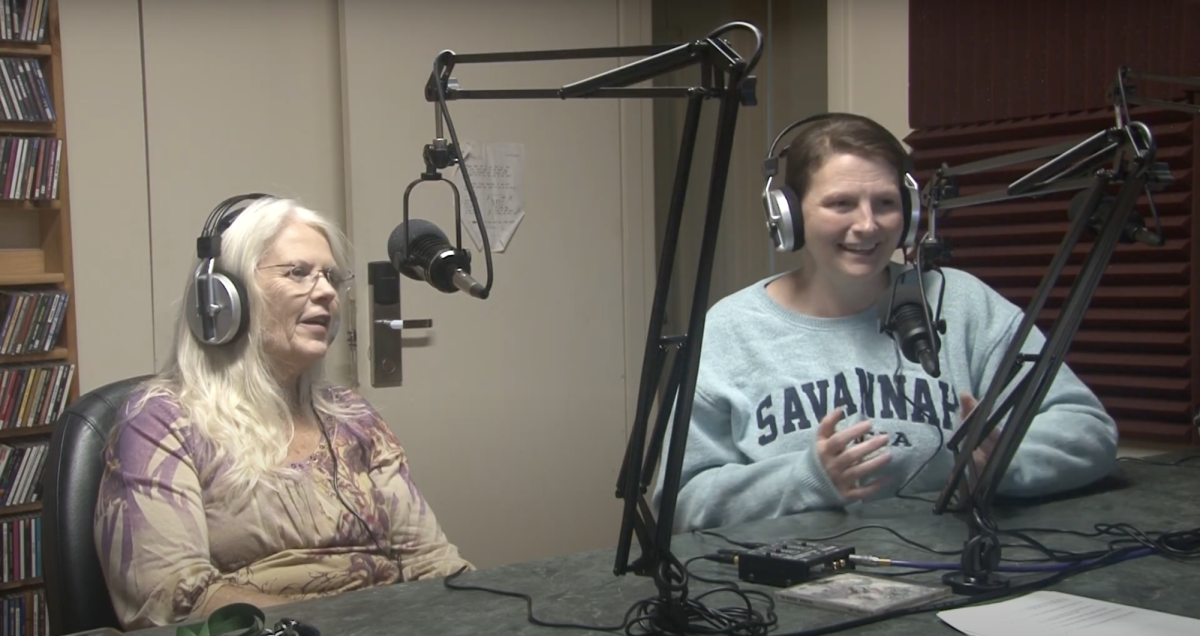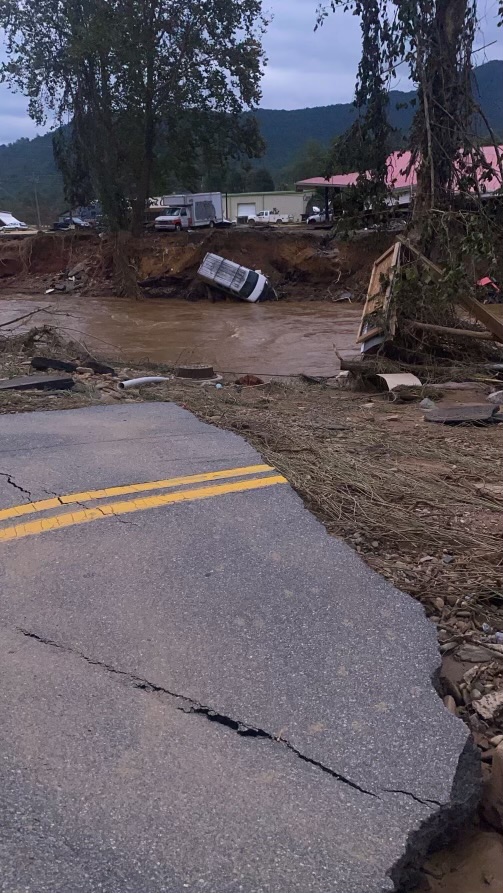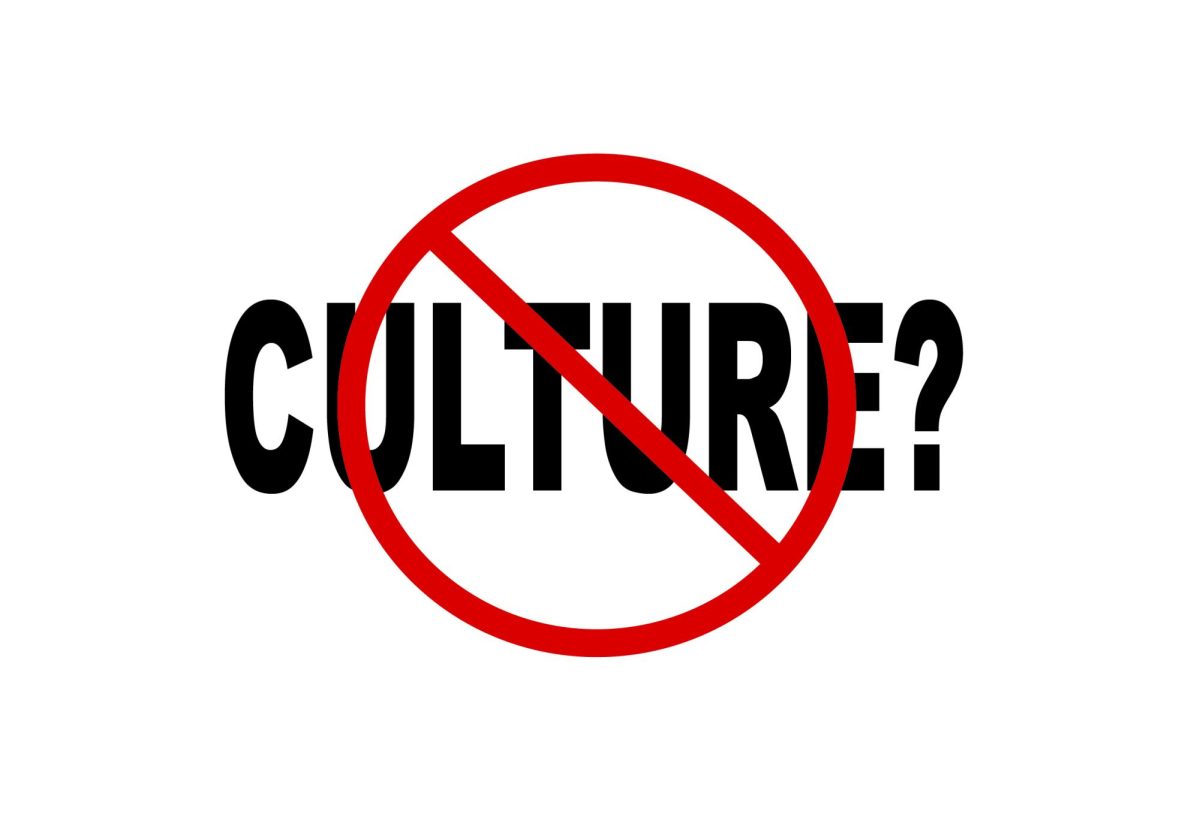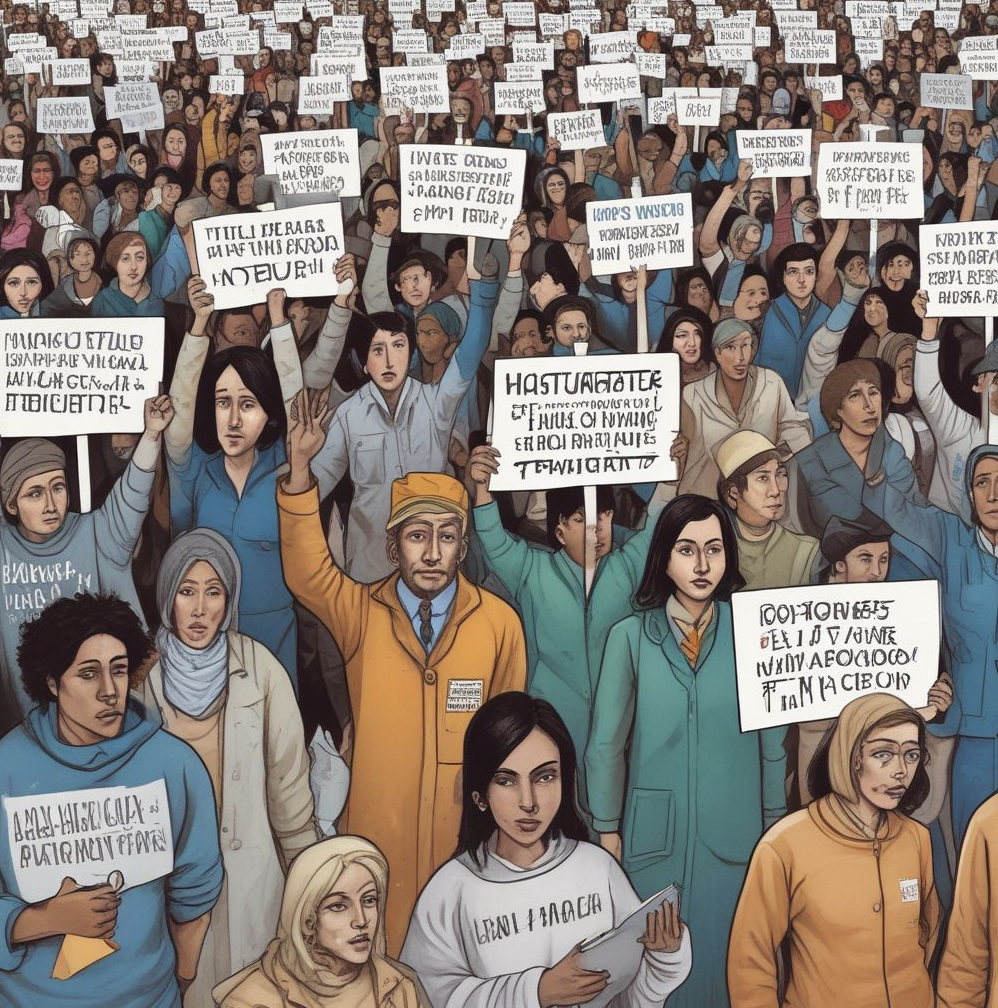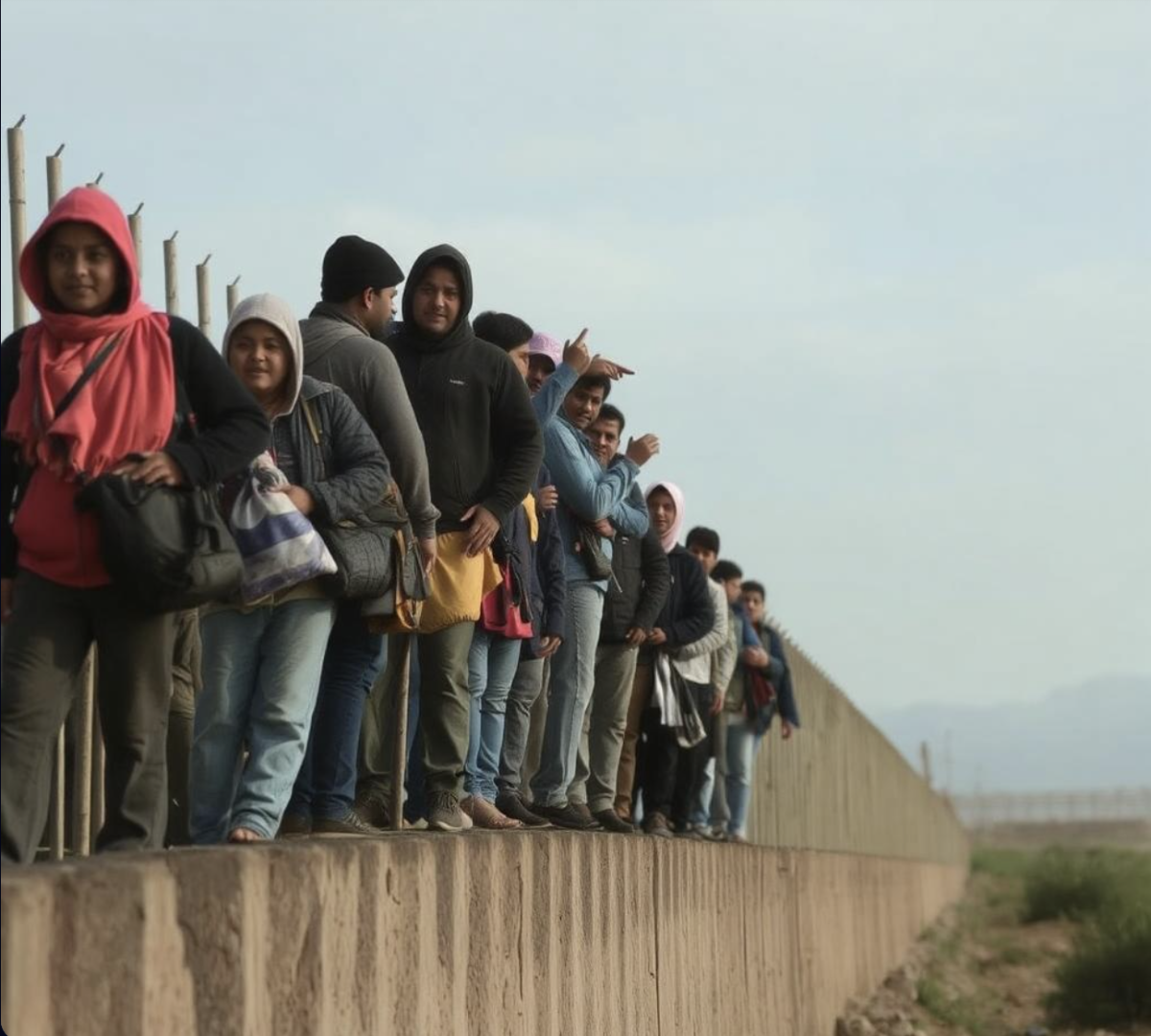Whether through social media or the presidential election debate, cancel culture finds its way through the cracks of our technology.
Cancel culture, a term that has gained prominence in recent years, refers to a social phenomenon in which individuals or groups are publicly shunned or bullied online for their actions or statements that have been deemed unacceptable. This can range from a public figure’s controversial tweet to a private individual’s social media post that goes viral.
This culture of cancellation breeds fear and anxiety, as it leads to violence and threats online, stifles free speech, and prevents people from voicing their opinions for fear of being personally attacked.
One recent act of cancel culture that has garnered significant attention was during the presidential debates. Donald Trump, a polarizing figure, has often found himself at the center of cancel culture discussions, particularly in the context of his belief that his voice should be heard despite public backlash.
According to CNN, Trump has been a strong advocate of why cancel culture should no longer be relevant when dealing with situations in the public eye. He feels that it threatens American values. Trump himself is not a stranger to being canceled, and the most upsetting time was when his account was suspended from Twitter and when he lost the presidential election to Biden.
This then led to January 6, 2021, when 2,000 people raided the capital because Trump had told them, “We fight. We fight like hell, and if you do not fight, you will not have a country anymore.”
An outcome of cancel culture also threatens job opportunities and current jobs, in general, even if it is just by a statement.
Cancel culture ruins lives, as seen in the case of ex-author Natasha Tynes. According to Good Morning America, in 2019, Tynes was headed to work on the Washington, D.C., Metro and suddenly felt her fingers typing a controversial message.
“When you are commuting, see @wmata (Washington Metropolitan Area Transit Authority) employee in uniform eating on the train. This is unacceptable. I hope @wmata responds. When I asked the employee about this, she responded, ‘Worry about yourself,'” the Tweet read.
The post also included a photo of the employee.
The responses immediately after the tweet posted accused Tynes of racism. The damage had already been done to her reputation. She had been branded as an “elitist” and “narcissistic.” She later tweeted an apology and called the WMATA.
Another consequence of being canceled on the internet is the effects the voices and opinions have on the brain. Some examples of this are increased anxiety and stress due to being publicly shamed, depression, and loneliness.
Cancel culture can lead to feelings of isolation, which is linked to depression, negative impacts on self-esteem due to public shaming, and how that can be harsh on a person’s mental state and how people view themselves.
Lastly, long-term psychological effects can include chronic stress, persistent anxiety, and most importantly, suicidal thoughts.
Cancel culture can also play with a person’s mind and mental health. For example, in 2020, a British TV host, Caroline Fleck, was a victim of cancel culture and unfortunately passed by suicide, as reported by CNN.
Fleck had been prosecuted for the alleged assault on her boyfriend. How the situation played out in the national press had been difficult for her.
Fleck’s coroner, Mary Hassel, believed that the cause of her death, alongside previous mental health issues, was that Fleck knew that she would have to face the press and deal with the public coming down on her for what she had been accused with.
Cancel culture has been normalized, as apps such as TikTok have become more relevant in society and have acted as a gateway to feeding the unsuspecting public with inaccurate and false information.
This makes public shaming, booing, and bullying seem okay for everyone. In reality, no one knows what is happening to that influencer or the person being canceled behind the screen. The outcomes could lead to depression, anxiety, suicide, or even that person deleting themselves off the face of the earth.
There can be many reasons, big or small, for being canceled by the media. For example, according to the New York Post at the time, 16-year-old TikTok sensation Charli D’amelio had lost 1 million followers and had been receiving backlash due to being accused of a “snotty attitude” after a video was made of her. This drama began when her family posted a video of D’amelio depicting a dinner disagreement with her parents.
In the video, D’amelio quickly scoffs and complains about the snails she has been served. She then asks her private chef whether she could have chicken nuggets instead. Shortly after, she received comments from people sharing their disappointments, resulting in losing more followers.
D’amelio then spoke about the matter, apologizing publicly for how she had come off. This situation is one of many that seems like a less meaningful way to use social media.
Instead of using technology to tear people down or put them in their place, we should use our platforms to bring significant things to light, such as the presidential race, gun violence within our school systems, and climate change issues.
These can genuinely change how our society lives and conducts itself, not degrading someone because we do not believe in their words or actions through a social media app.
Please see opposing viewpoint at https://ironbladenews.com/7364/opinion/pro-cancel-cultu…good-for-society/

